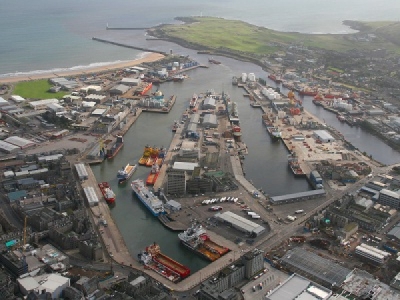
Posted on May 22, 2017
British Ports Association (BPA) chief executive, Richard Ballantyne, has warned against the distortion of competitive port markets with major public subsidies.
Commenting on the European Commission’s decision to formally adopted the revised General Block Exemption Regulations (GBER) on state aids, which include, for the first time, guidelines for ports, Mr Ballantyne said the revised GBER could do more to limit potential market distortion.
He stated: “While we fully appreciate the diverse nature of the European ports industry, we are disappointed that the revised GBER does not do more to limit potential market distortion. The GBER now effectively means that subsided dredging activity can be exempted from state aid restrictions. A number of British ports have voiced concerns about subsidies for both capital projects and maintenance dredging at European ports, potentially disadvantaging the UK’s private sector ports industry.”
The new rules exempt support measures for maritime ports and inland ports, however, the legislation stipulates that aid cannot exceed a set limit (between €40m and €150m), primarily depending on whether the project concerns a maritime port or an inland port.
The legislation also states that aid cannot not go beyond what is necessary to trigger the investment, apart from in dredging projects, and that only a certain percentage of the investment costs can be subsidised. This is determined by the size and the nature of the investment and on whether the port is in a remote region.
Concessions to third parties for the construction, upgrade, operation or rent of port infrastructures must also be assigned on a competitive, transparent, non-discriminatory and unconditional basis, declares the legislation.
Small projects in ports are governed by more flexible rules.
The Commission last revised the GBER in July 2014.
Source: portstrategy





